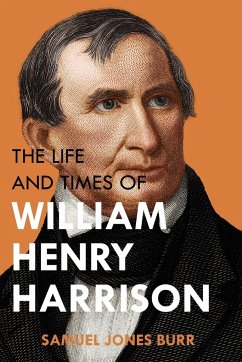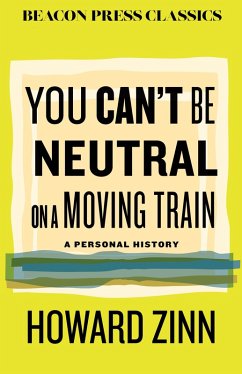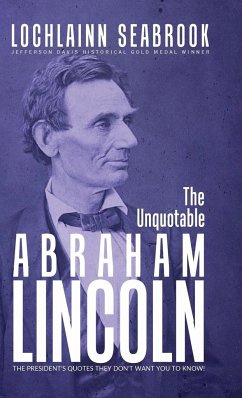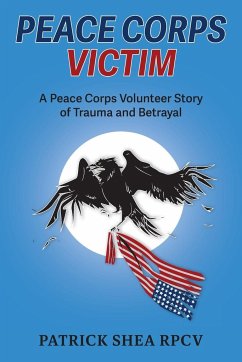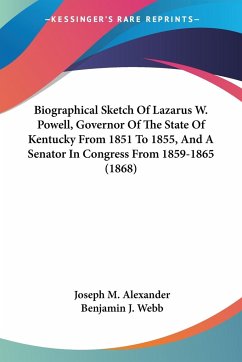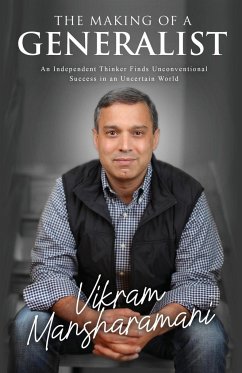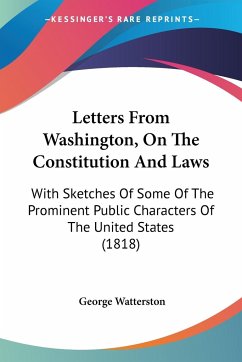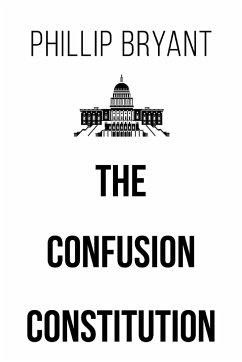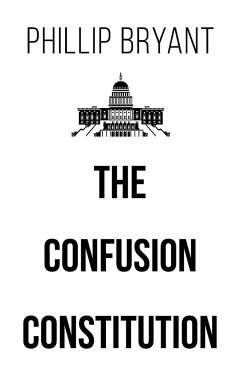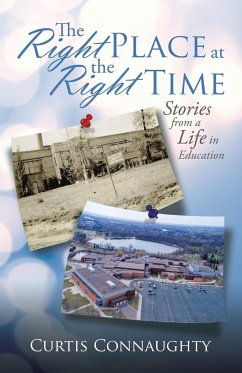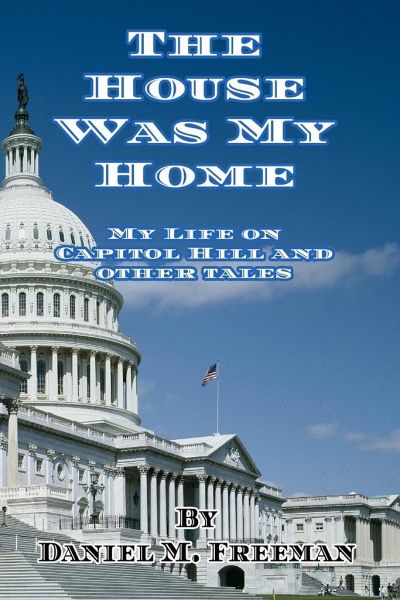
The House Was My Home
My Life On Capitol Hill and Other Tales
Versandkostenfrei!
Versandfertig in 1-2 Wochen
70,99 €
inkl. MwSt.
Weitere Ausgaben:

PAYBACK Punkte
35 °P sammeln!
Daniel Freeman's career as a public servant in government and his experiences as an educator are the foundation of this fascinating book. "The House Was My Home" is an intriguing and frequently humorous look behind the velvet curtain of the U.S. House of Representatives from a man who spent 35 years whispering into the ears of Members of Congress. He was Majority Counsel and Parliamentarian on the staff of three Congressional Committees under both Democrats and Republicans. He was the rare senior staffer to be retained when party control changed hands in the Republican takeover of the House in...
Daniel Freeman's career as a public servant in government and his experiences as an educator are the foundation of this fascinating book. "The House Was My Home" is an intriguing and frequently humorous look behind the velvet curtain of the U.S. House of Representatives from a man who spent 35 years whispering into the ears of Members of Congress. He was Majority Counsel and Parliamentarian on the staff of three Congressional Committees under both Democrats and Republicans. He was the rare senior staffer to be retained when party control changed hands in the Republican takeover of the House in 1994. During his tenure on Capitol Hill a broad range of issues of national importance came before those Congressional Committees: Home Rule for the District of Columbia, four impeachments (three Federal Judges and a President), gun control, same-sex marriage, Constitutional amendments, term limits, the Americans with Disabilities Act, the Genetic Information Discrimination Act and authorizations for the use of military force in the Middle East. His cogent descriptions of the behind-the-scenes machinations in the legislative process give meaningful and perceptive insights into how decisions are made on Capitol Hill. He paints an enlightening picture of the astoundingly complex array of personalities who make public policy and characterizes their strengths, foibles and eccentricities. His witty commentary is humorous and insightful. Many of the people with whom he interacted are household names. This book helps to fill in the gaps in our collective understanding of our government. During his academic career he probed deeply into intriguing and profound questions of constitutional law many of which were front-page news. The six "guarantees" in the First Amendment are topics which were thoroughly analyzed and debated in his classes. Flag burning, funeral protests by members of the Westboro Baptist Church, separation of church and state, the Stolen Valor law and freedom of the press are important issues which he examined. He conveys that he purposefully frustrated his students by not giving them the answers but trying to make them think and come up with their own. He describes his use of the Socratic Method in class, frequently making students switch sides at the last minute. He would regularly make students take the "other side", the one they did not personally embrace, for the academic rigor of the exercise. His being well-connected in the governmental maelstrom of Washington, D.C. redounded to the benefit of his pupils in the prestigious Washington Semester Program at American University. The broad range of guests who he was able to get to speak to his classes represent a veritable "Who's Who" in American government; Supreme Court Justices, Senators, Members of the House, former Cabinet officers, and Executive branch officials, as well as subject-matter experts from the private sector made up the rich tableau of significant actors in the public policy arena with whom his students got to engage. His captivating portrayal of many of those sessions is absorbing as well as entertaining. Stretching his subject-matter wings, he ventured into the complex and anguish-filled conundrums at the intersection of bioethics and the law. The heart-wrenching human conflicts over healthcare decisions which unfortunately end up in our courts were grist for his intellectual mill. These cases, taken from the headlines such as the Teri Schiavo case, advanced directives, physician-assisted suicide and organ donation were the subject of careful examination while he was on Capitol Hill, and later in academic settings. These riveting accounts add to the breadth and depth of the book in a meaningful and thought-provoking way.





